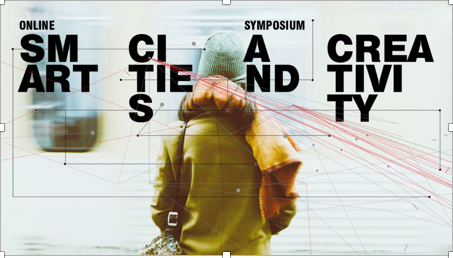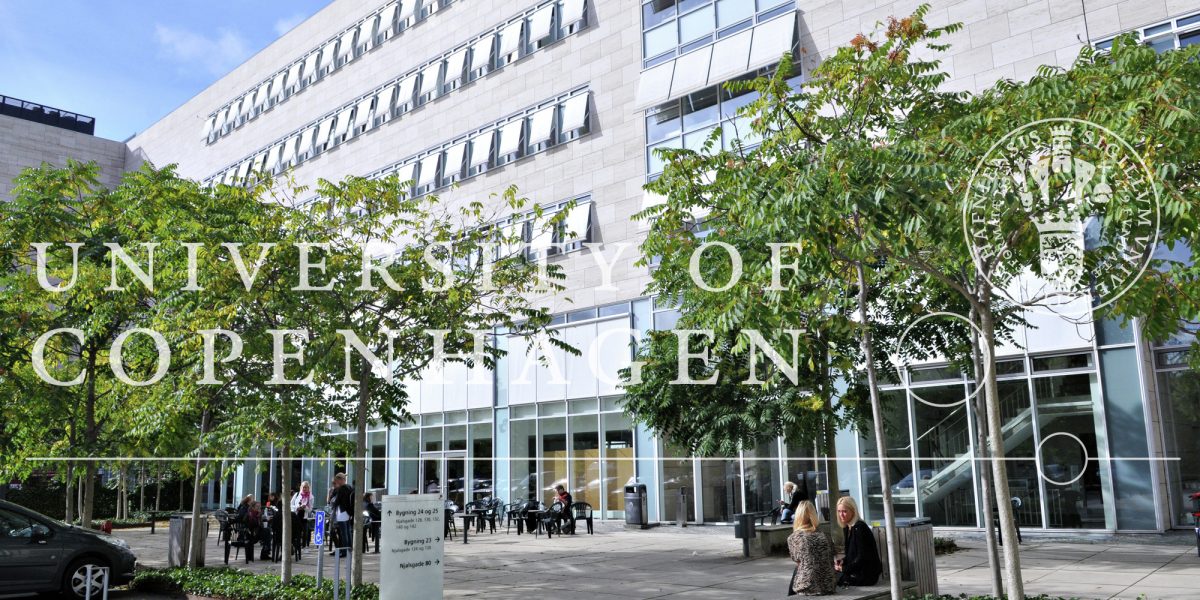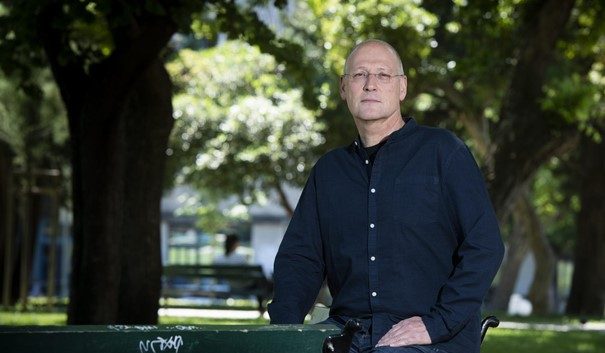News
How people in Switzerland talk about culture online
The Swiss INVENT team has recently completed the analysis of Twitter posts related to “culture” in Switzerland. The final sample consists of more than 80’000 tweets in four different languages, posted in 2019 and 2020. Preliminary results show that culture is interpreted in various ways in the Swiss Twittersphere. On the one hand, many tweets refer to different forms of
Towards a New Intersection of Urban and Culture Theory
On July 2nd and 3rd, Prof. Tally Katz-Gerro the UK-PI, participated in an online conference organized by Zurich University of the Arts, Zurich Centre for Creative Economies, Tokyo University of the Arts, Faculty of Fine Arts Professional College of Arts, and Tourism Embassy of Switzerland in Japan. The conference, titled “Smart Cities and Creativity: Towards a New Intersection of Urban
Open position: Join the Danish INVENT team
The Danish INVENT-team, located at Section of Media Studies/University of Copenhagen, is looking for a postdoctoral researcher to join the team as of October 15, 2021 or as soon as possible thereafter. The position is for 30 hours a week for the rest of the project’s duration, until the end July 2023. We are looking for applicants with a profile
Which cultural activities citizens of Serbia missed the most during the COVID-19 pandemic?
In one of the questions, in a survey study conducted as part of the INVENT project, we presented respondents with 15 activities associated with the domains of elite, popular and everyday culture and asked them to state how often they participated in these activities. The options were: almost daily, at least once per week, at least once per month, less
Cultural policy still neglected by (Croatian) politicians: an interview with Mirko Petrić
An interview with the Croatian INVENT team member Mirko Petrić about how political parties in his country view the societal role of culture was published in a major Croatian newspaper (and its associate news portal). The article was published on 5 June 2021, in the wake of the Croatian local elections, during the municipal and county council constitution period. In
European Football Championship 2021 – A tournament for everyone?
In June and July of 2021, the Union of European Football Associations (UEFA) holds its championship tournament, and fans across the globe have been captivated with exciting matches for almost two weeks now. Long before the last whistle is blown, the event has sparked quite a number of controversies already, particularly on social media platforms – and not all of
Culture and Symbolic Boundaries in Serbia
Results of Exploratory Study in Serbia – Part II Culture unites, but culture can also divide. In the exploratory study conducted with the aim of collecting different understandings of culture in June and July 2020, one of the questions was directed towards identifying symbolic boundaries in the area of culture in Serbia. According to Lamont (2001) symbolic boundaries are the
New Finnish project on the impact of algorithms on the distribution of cultural capital
Finnish INVENT team member Riie Heikkilä’s research project “Redistribution of Cultural Capital in the Era of Algorithms: A Comparative Study of Finnish Libraries” received a four-year funding from the Finnish KONE Foundation and has launched in March 2021. The project focuses on the effects of algorithms and recommendation systems and takes its empirical comparative case from Finnish libraries, of which
Cultural institutions reopening across Europe
After being closed for a long time due to the COVID-19 pandemic, many cultural institutions across Europe resume their operations these days. Thus, it becomes possible again to attend live concerts, to visit museums, or to watch movies at the cinema for people in many European countries. In several places, even events with large audiences can already take place again
Survey Completed in the UK
After commencing the distribution of the survey on the 20th of May, we are happy to announce the completion of the fielding period in the UK with 2,411 respondents in total. The UK team has joined forces with the local survey company, YouGov, in order to explore the ways in which Britons perceive and engage with culture. Stay tuned for












 This project has received funding from the European Union’s Horizon 2020 research and innovation programme under grant agreement No
This project has received funding from the European Union’s Horizon 2020 research and innovation programme under grant agreement No